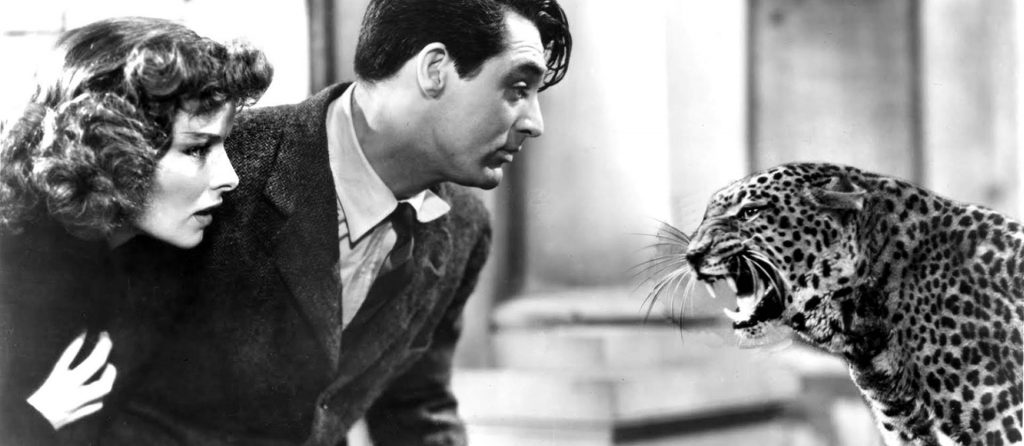
Much has been made of Bong Joon-ho’s Parasite and its domination as a Korean production of awards season in the United States (including Best Picture at the Academy Awards). But to pigeonhole this as a “Korean” film suggests that it’s overcoming some sort of cultural divide. Bong has always been savvy about genre, combining a creature feature with corporate espionage in the breakthrough The Host (2006) and imbuing his English-language debut Snowpiercer (2013) with a visual language at once bleak and comic book cartoonish.
Parasite is a dark comedy, but it’s also a horror film filled with creeping dread. Watching the film, I felt as if I were seeing a descendent of the screwball comedies of the 1930’s and 1940’s – films like Bringing Up Baby (1938), The Philadelphia Story (1940) or It Happened One Night (1934). They’re comedies of manners built on deception, scheming and fast-talking, just like the first act of Parasite.
Social commentary on the class divide is nothing new for the screwball comedy, and the highly acclaimed Sullivan’s Travels (1941) investigated the plight of the poor working class. Of course, that movie didn’t get its hands as dirty as Parasite does. Following the reveal at the centre of the film, Parasite becomes hungrier, more savage, more cracklingly ironic as its screwball absurdity is taken to the logical extreme.
It’s what happens if the “everything works out fine” arc of traditional screwball is erased and deception, scheming, covetousness and (especially) jealousy are allowed to fester. In Parasite, wounds don’t heal – they kill.
The film asks for a willing suspension of disbelief – just like when we’re expected to believe that a wealthy socialite would take a dangerous leopard into her apartment as Katharine Hepburn’s Susan Vance does in Bringing Up Baby. It’s an outsized story hinging on a cast of characters that can be bizarre and unlikable and deeply immoral, but we root for them.

Except there can’t really be a happy ending in the world shown in Parasite. An underclass swims in shit (literally) and they seek brief respite – even if taken by deception – in the luxurious home of the wealthy. Talking about the film as a horror movie, the villain of Parasite is also our hero. The central family are driven by desperation.
Screwball comedies were escapism during the Great Depression and the lean years after, allowing audiences a brief sojourn in the world of the wealthy, to laugh at their double-crossing and sparkling, sometimes air-headed repartee. Parasite seems to explode that fiction, reminding us of misfortune, people hiding out of sight to get by. They scheme, but it’s not a fun denouement with an inevitable wedding and peals of laughter.
Lives hang in the balance; Parasite won’t let us forget that. Like many horror films released recently, the horror comes from how forces bigger than us can foist horrible acts upon us. It’s a screwball comedy where actions have consequences, where we’re not masters of our fate, and where we can’t escape.
